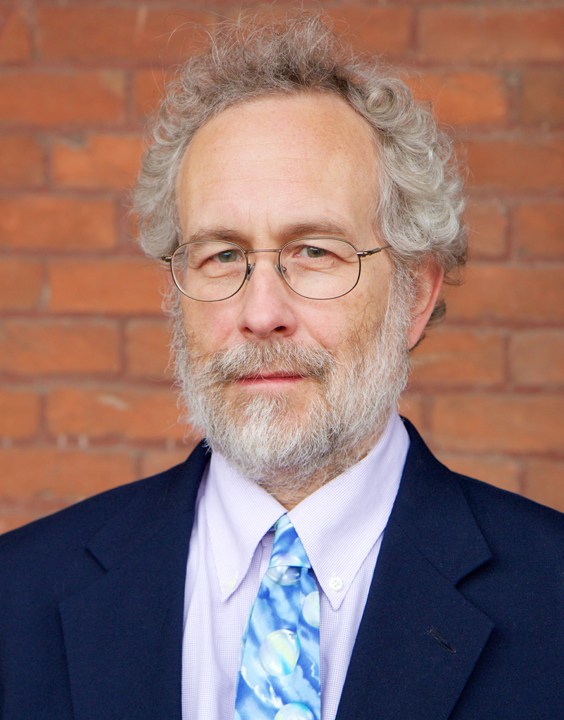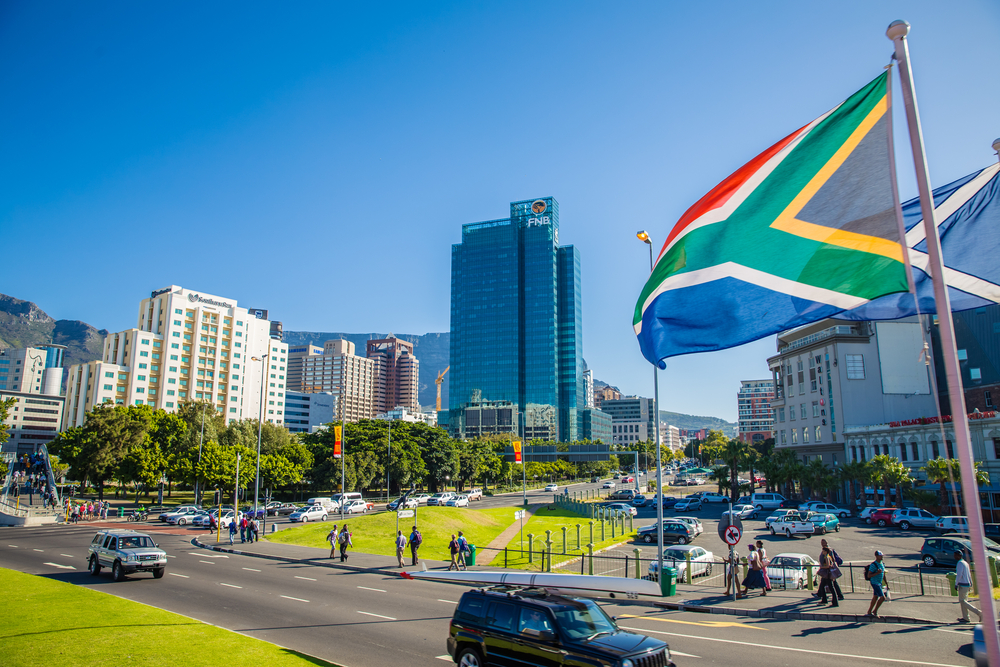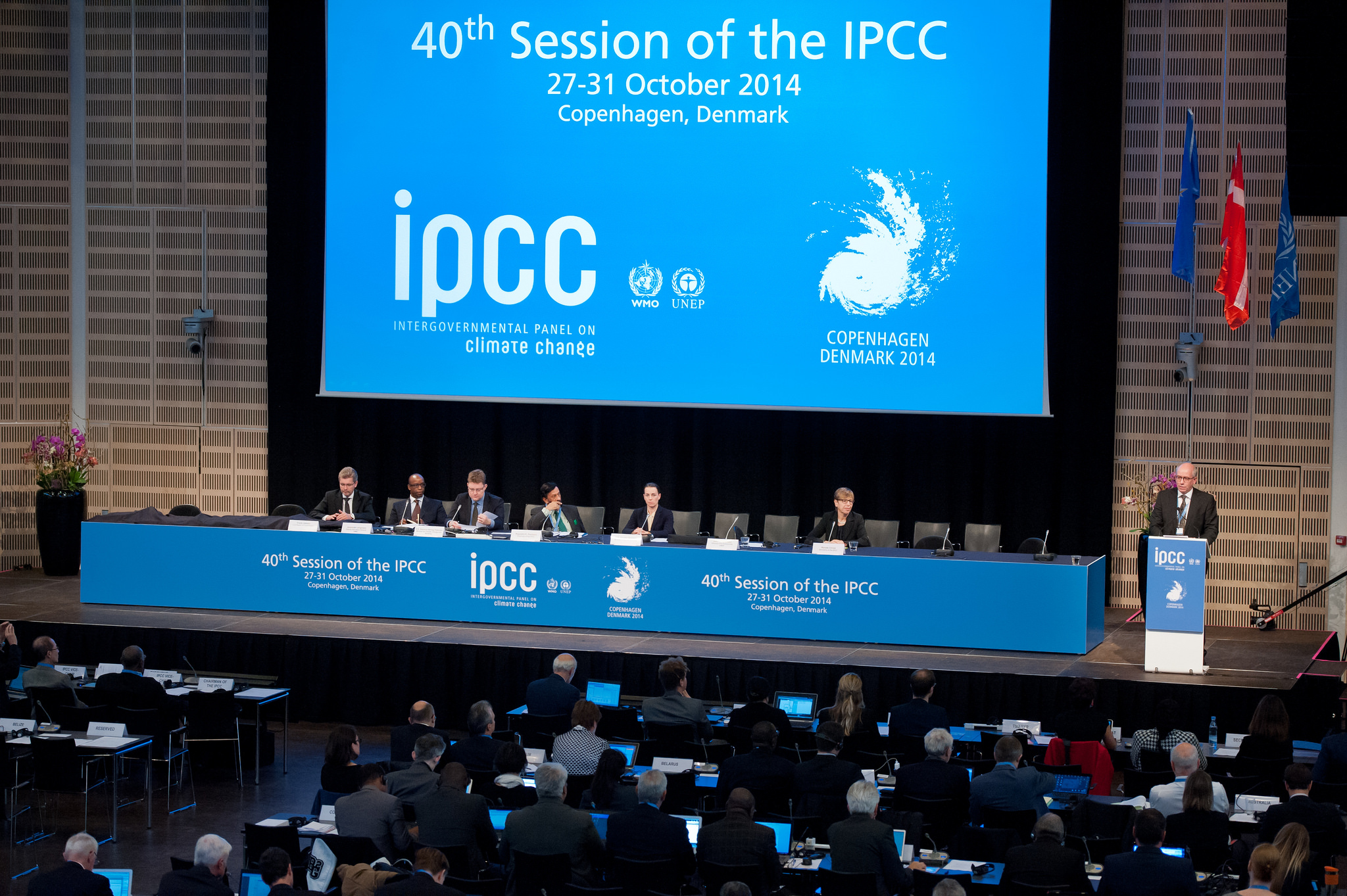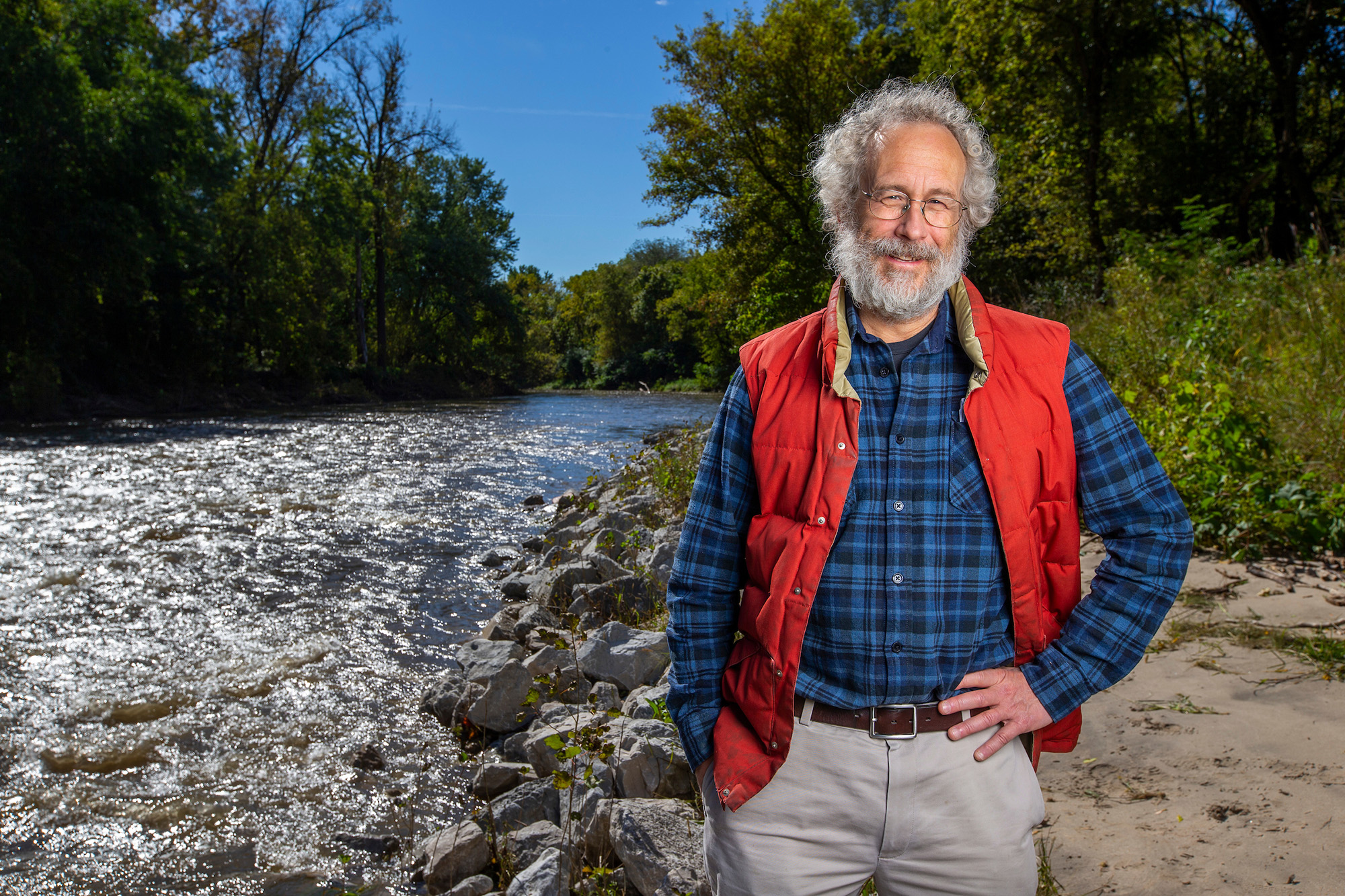It was only a Nobel Peace Prize. No big deal.
“Whenever people bring it up, I remind them that there was a cast of thousands, literally.”
In 2007, Bill Gutowski, professor of geological and atmospheric sciences, served as a contributing author for the Intergovernmental Panel on Climate Change (IPCC) when it was awarded a Nobel Peace Prize jointly with Al Gore. The panel received the honor for its history of scientific reports that have helped broaden consensus about the connection between human activities and global warming.
The “cast of thousands” included the world’s best climate scientists. But don’t expect Gutowski to get nostalgic about being one of them.
A world expert in regional climate modeling, Gutowski places the highest emphasis on local experts. Because the future of responding to climate change will be in your backyard.
“We can’t properly tell people what we know about climate change in a way that’s meaningful for them unless we understand where they’re coming from and then also understand the values that govern how they work with the world,” Gutowski said.
The world in your hand
To get a basic idea of regional climate modeling, imagine you have the whole world in your hand. You take a really strong magnifying glass to North America, bringing the United States, then Iowa, then Ames, maybe even Lake LaVerne into sharper focus.

“If you step back and take a global perspective, there’s too much going on around the world,” Gutowski said. “People try to build it into their models, but you can’t do it all. We’re trying to make sure we really understand a lot of the local context.”
A regional model is relevant, for example, if it can help your city make decisions on sustainable water planning.
“You could tell people in Cape Town that the temperature might go up three to four degrees in the summer, and they may say ‘Yeah, so what?'" Gutowski said. “But when you tell them it looks like there is an increased likelihood of drought in the interior and maybe by the coast – that becomes meaningful. Or, when you tell people that uncomfortable, medically threatening hot days are going to become much more frequent, that becomes relevant.”
“You have to understand the context of where you’re giving information,” he added. “What are the response mechanisms people may have? With agriculture, is it a simple adjustment of planting a different variety of crop or are they going to have to change what crops they grow completely?”
‘Credible, defensible, actionable’
Gutowski wants climate research to be “credible, defensible and actionable,” he said, citing a South African colleague’s signature phrase.
Think about the deadly 2003 European summer heat wave, Gutowski said, which hit areas that traditionally did not have air conditioning. “Actionable” information in that scenario would have helped people plan their local energy infrastructure.
To communicate research in ways that help local decision-makers, climate scientists are increasingly looking to other disciplines for help.
In 2013, Gutowski started a three-year pilot project in his own Ames backyard. Supported by an LAS Signature Research Initiative grant, Gutowski and an interdisciplinary team including Iowa State economics and English faculty partnered with the community to study the climate and water needs of Squaw Creek.
For the most part, Squaw Creek, east of campus, keeps a low profile. Until it lets loose with a crazy flood. In 2010, for example, it filled Hilton Coliseum with several feet of standing water.
The pilot project tested a participatory approach to sustainable water planning, engaging local stakeholders in community meetings.
“I learned a fair amount from that, including some things we could have done better,” Gutowski said. “Our model was almost too complex to engage community members. The reality was we needed to have longer term ongoing interactions.”
The exciting, daunting task of changing the world
Local experts exist everywhere, and regional climate modeling research has sent Gutowski to every continent except Antarctica.
“Better go before all the ice melts,” he joked.
“Climate is very international. One of the joys of my profession is mixing with people and working together with them.”
In 1993, former Iowa State President Martin Jischke helped open international doors for Gutowski and other Iowa State scientists by starting the former International Institute of Theoretical and Applied Physics. Intended to be a sister institution to a similar organization in Trieste, Italy, the center was established in partnership with the United Nations Education, Scientific and Cultural Organization (UNESCO) to foster peace by sharing scientific advances.
Gutowski connected with a regional climate modeling expert in Trieste. After that, doors never stopped opening.
“Climate is very international. You meet a lot of people, and as years went by, I started interacting with people in various parts of the world. For me, I really loved that diversity of backgrounds that people have, meeting them and seeing commonalities but also the different cultures. One of the joys of my profession is mixing with people and working together with them.”
Gutowski’s second academic home is the University of Cape Town in South Africa, a place where he has led training workshops, built research collaborations and forged friendships for more than two decades – his family even lived there for six months in 2001. The university made him an honorary professor in 2017.

“Bill is a renowned expert in his field, and yet he is able to connect with people at a human level.”
Chris Jack, a principal scientific officer in the Department of Environmental and Geographical Science at the University of Cape Town, said Gutowski’s highly regarded expertise hinges on humility.
“We often refer to Bill as a ‘reformed’ climate scientist,” he said. “Bill is someone with immense knowledge and experience in his specialist field of climate modeling, but someone who is able to see the limitations of the science and the need to position it in the bigger picture of society and politics and decision making. A big part of this is being humble. A lot of our work in Africa involves trying to integrate science into complex contexts where there is far more than science at play and we need climate scientists who ‘get it.’ Bill gets it.”
“Bill is a renowned expert in his field, and yet he is able to connect with people at a human level,” Jack added. “He knows when to step back and listen, and when to step forward and contribute his own knowledge. His willingness to pour time and encouragement into people like myself and many others here in Cape Town and across Africa will leave a long-lasting legacy.”
Gutowski is proud of his global climate science family. And now he’s among its leaders. A decade after earning his sliver of the Nobel Peace Prize, Gutowski is again contributing to IPCC, this time as a lead author on its sixth assessment report.
Created in 1998 by the World Meteorological Organization and United Nations Environment Programme, the IPCC assesses science related to climate change so governments can develop local science-based climate policy.

An IPCC report takes years of work, and this one will publish in 2021. Think of it as group homework on a World Cup level. You and 300 other world experts hand your final, heavily peer-reviewed assignments in to governments around the world.
"I wanted to be a scientist doing something with my research to make the world a better place."
This is the first time the IPCC report will give more attention to regional climate changes, including an atlas for professionals who will face impacts to fields such as medicine, agriculture, transportation, urban planning and more. Which means it’s right up Gutowski’s alley.
“It can be exciting, it can be daunting, it can be ‘Oh my goodness, what are we trying to do here?’” Gutowski said.
When it comes down to it, what he’s trying to do is pretty straightforward. It’s why he first chose science as a Yale University student in the 1970s. Why he later earned a Ph.D. in meteorology at the Massachusetts Institute of Technology.
“I felt like if I was going to become a scientist, I wanted to be a scientist doing something with my research to make the world a better place. That keeps me energized," he said.
